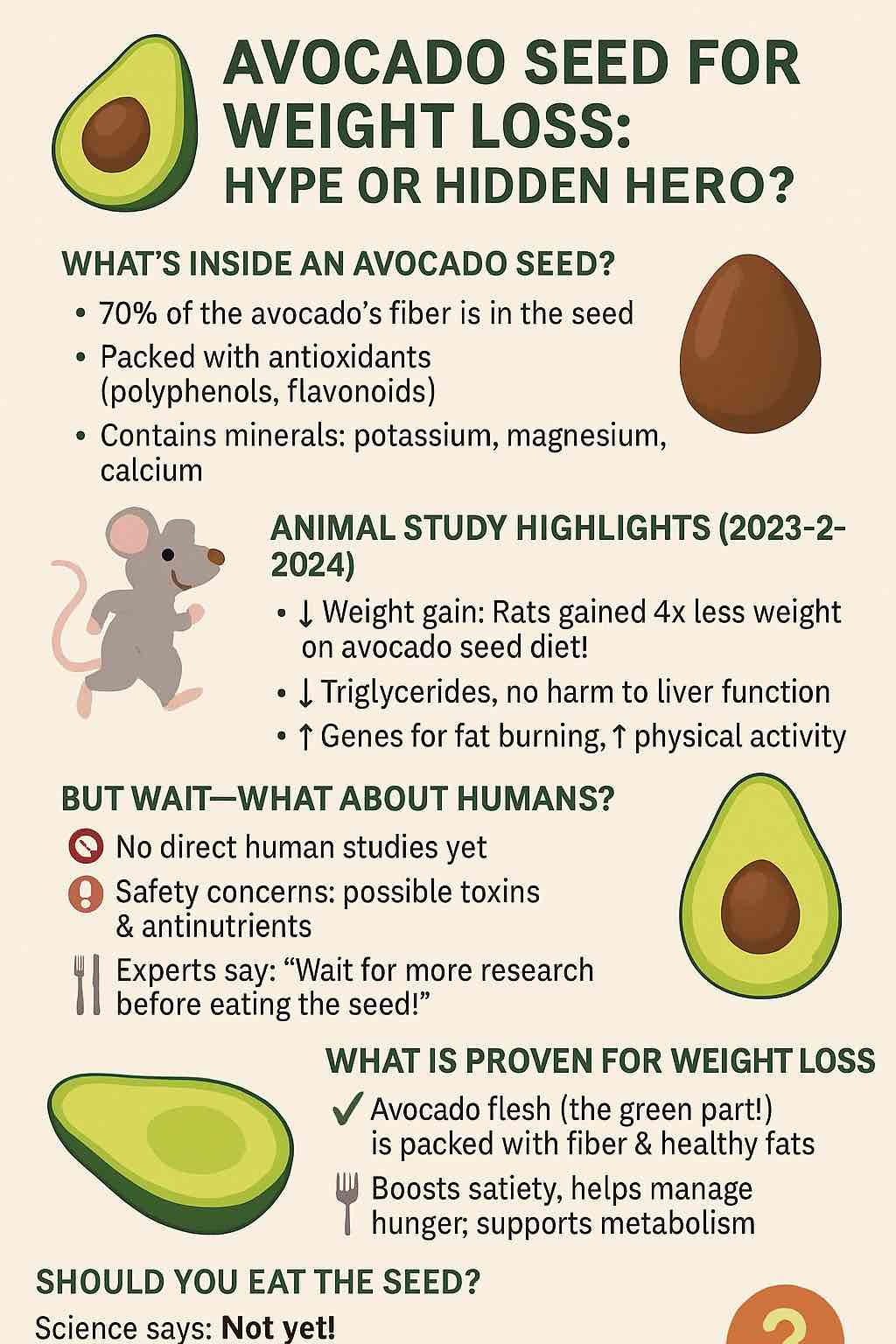
Whether you’re an athlete, a busy professional, or simply a coffee lover, you might have wondered: Does my daily cup (or three) of coffee help or hurt my testosterone? With “testosterone boosting” supplements everywhere, and coffee being the world’s most popular legal stimulant, this is a question that blends science with real-life curiosity.
Let’s dive deep into the latest research, bust some myths, and see how you can optimize your coffee habit for better hormonal health—without giving up your favorite brew.
What is Testosterone & Why Does It Matter?
Testosterone isn’t just about muscles and masculinity. It’s a vital hormone for both men and women, impacting energy, mood, libido, muscle mass, bone strength, and overall vitality. Low testosterone can mean fatigue, poor mood, brain fog, and struggles with fitness. But what role does coffee play in this hormonal orchestra?
Coffee & Caffeine: The Basics
- Coffee is more than caffeine; it’s a complex blend of antioxidants, polyphenols, and bioactive compounds.
- Caffeine is the main active ingredient—an adenosine receptor antagonist that wakes up your brain, sharpens alertness, and even improves workout performance.
But when it comes to testosterone, the answer isn’t as simple as “caffeine up, testosterone up.” The science is nuanced.
The Science: Coffee, Caffeine & Testosterone—What Do Studies Say?
1. Acute Effects: The Pre-Workout Boost
- Short-term caffeine intake (200–400mg or 2–4 cups of strong coffee, taken 30–60 minutes before exercise) has been shown to boost testosterone by about 10–20% immediately after intense workouts, especially in men.
- However, this spike is usually paired with a similar (or larger) cortisol increase. Since high cortisol can blunt testosterone’s benefits, the overall anabolic effect is more subtle.
- Takeaway: If you love a pre-workout coffee, you might get a short-lived testosterone bump—just don’t expect miracles.
2. Long-Term Coffee Consumption: Mixed Messages
- Observational studies (including large U.S. NHANES datasets) show mixed results:
- Some suggest moderate daily coffee (2–3 cups) is associated with slightly higher testosterone.
- Others, especially newer studies looking at caffeine metabolites in urine (i.e., how your body breaks down caffeine), find higher caffeine breakdown products = lower testosterone and lower SHBG (the hormone that carries testosterone in the blood).
- The effect seems more pronounced in children, teens, and people with very high caffeine intake.
3. Is It Caffeine or Something Else?
- Both regular and decaf coffee have shown hormone effects, suggesting it’s not just the caffeine. Polyphenols, antioxidants, and other coffee compounds might play a role—sometimes even raising testosterone post-exercise.
The Mechanisms: Why Would Coffee Affect Testosterone?
- Caffeine blocks adenosine receptors in the brain and testicular cells, indirectly raising cAMP and calcium, which can trigger more testosterone during physical stress.
- However, caffeine also stimulates cortisol, a stress hormone that can suppress testosterone if chronically elevated.
- Metabolism matters: Some people (fast metabolizers) break down caffeine quickly, while slow metabolizers may experience more hormonal disruption.
- New research suggests certain caffeine metabolites (like paraxanthine) may have different or even protective effects compared to caffeine itself.
Special Populations: Kids, Teens, Women, Older Adults
- Kids & Teens: Latest studies show high caffeine exposure is linked to lower testosterone and SHBG in young people. Caution is warranted here.
- Women: Caffeine can affect other hormones (like estrogen and progesterone), but current evidence doesn’t suggest dramatic testosterone swings in women.
- Older Adults: Hormonal impacts seem milder, but coffee can interact with medications and sleep (which both influence testosterone).
Practical Advice: How to Drink Coffee for Hormonal Health
1. Timing is Everything
- For a testosterone boost (and performance edge), drink coffee 30–60 minutes before your workout.
- Avoid caffeine too late in the day—it can disrupt sleep, and poor sleep is a major testosterone killer.
2. Mind the Dose
- Moderation is key: Stick to ≤400mg caffeine/day (about 4 cups of brewed coffee) for most adults.
- Going much higher may backfire, raising cortisol and reducing baseline testosterone over time.
3. Know Your Genetics
- If you get jittery, anxious, or have trouble sleeping after coffee, you may be a slow caffeine metabolizer. In that case, less is more—for both hormone balance and wellbeing.
4. Kids & Teens: Caution!
- There’s no safe reason for regular caffeine in children or young teens, especially for hormonal development.
5. Overall Lifestyle Wins
- Coffee alone won’t make or break your testosterone. Focus on:
- Sleep: 7–8 hours/night.
- Strength training: Regular resistance exercise is a proven T-booster.
- Balanced diet: Good fats, adequate protein, veggies, and micronutrients.
- Manage stress: Chronic stress (and thus cortisol) is a real testosterone robber.
The Bottom Line
Your morning coffee isn’t going to make or break your testosterone. A couple cups can give you a short-term edge—especially before a workout—but don’t expect miracles. Stay moderate, listen to your body, and focus on sleep, exercise, and nutrition for real hormonal health.
Coffee is a tool, not a magic bullet. Savor it, enjoy the boost—and use it wisely.
Frequently Asked Questions (FAQ)
1. Does drinking coffee every day lower my testosterone?
For most adults, moderate coffee consumption (2–3 cups/day) has minimal or no significant effect on long-term testosterone. Some studies even suggest a slight increase, while others show a minor decrease at very high intake. Individual response varies.
2. Will quitting coffee boost my testosterone levels?
If you’re a heavy caffeine user (5+ cups/day), quitting or reducing might slightly raise baseline testosterone, especially if it helps your sleep or lowers your stress. For most people, moderate coffee has little impact.
3. Is there a difference between coffee and energy drinks when it comes to testosterone?
Yes. Coffee contains antioxidants and other compounds that may buffer negative effects. Energy drinks often have much higher caffeine plus sugar and additives, which can disrupt hormones and health more than coffee alone.
4. Is it safe for teenagers to drink coffee for testosterone?
No. Recent research shows caffeine exposure in kids and teens is associated with lower testosterone and SHBG, potentially affecting development. It’s best to avoid regular caffeine at a young age.
5. Does decaf coffee affect testosterone too?
Surprisingly, yes. Some studies show decaf can also influence testosterone—sometimes more positively than regular coffee, possibly due to other bioactive compounds. So, if you love coffee but want to avoid caffeine, decaf is a good option.
6. Should I drink coffee before my workout for a testosterone boost?
Drinking coffee (or caffeine) 30–60 minutes before strength training can give a short-term testosterone bump—but it also increases cortisol. The performance benefits may outweigh hormonal changes for most people.
7. How does coffee affect testosterone in women?
Current evidence suggests coffee doesn’t dramatically alter testosterone in women, though it can influence other hormones. If you have PCOS or hormone concerns, consult a healthcare provider.
8. Can too much coffee hurt my sleep and lower testosterone?
Absolutely. Poor sleep is a strong testosterone killer. If coffee or caffeine after noon affects your sleep, reduce intake or keep it to mornings only.
9. What’s the best amount of coffee for hormonal health?
For most adults: 1–3 cups/day, preferably before 2pm. Individual tolerance varies, so listen to your body and watch for sleep or anxiety effects.
10. Are there safer caffeine alternatives for boosting energy and testosterone?
For some, switching to paraxanthine (a caffeine metabolite supplement, now available in some markets) may offer a gentler energy boost with less hormone disruption. Otherwise, try green tea, adequate hydration, and good sleep hygiene.












